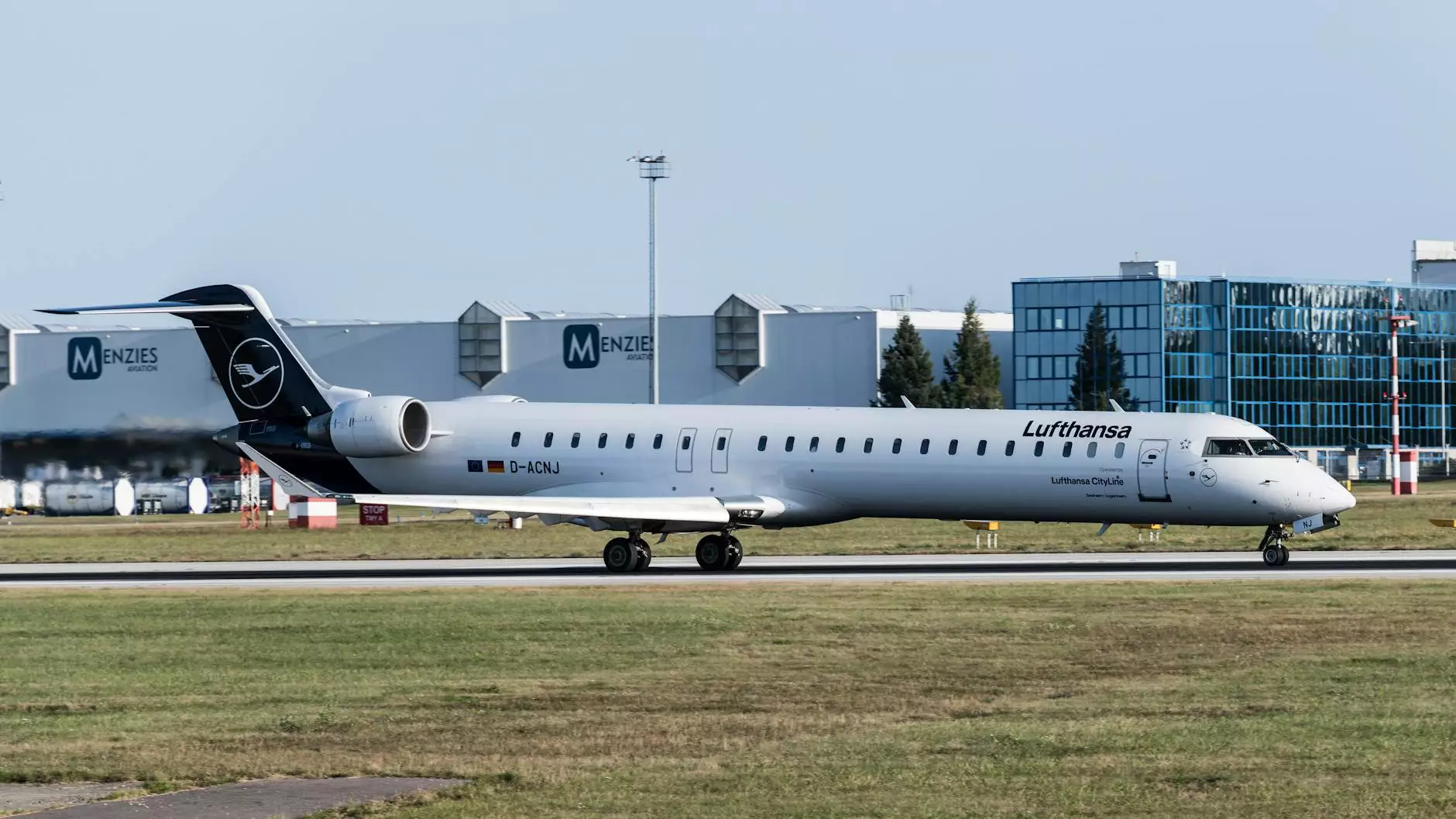The Comprehensive Guide to Formation Cabin Crew: Elevate Your Aviation Career

In the ever-evolving world of aviation, the role of the cabin crew is crucial to ensuring the safety and comfort of passengers. With the rising demand for air travel, there has been a significant increase in the need for well-trained cabin crew professionals. This detailed guide on formation cabin crew aims to provide aspiring flight attendants with all the essential information they need to excel in this rewarding career.
Understanding the Role of Cabin Crew
The cabin crew is often the first point of contact for passengers aboard an aircraft. Their primary responsibilities include:
- Ensuring Passenger Safety: Conducting safety demonstrations, managing emergency situations, and ensuring that all safety protocols are followed.
- Providing Customer Service: Attending to passengers' needs, serving meals and beverages, and ensuring a comfortable flight experience.
- Coordinating with the Flight Crew: Collaborating with pilots and other crew members to ensure smooth flight operations.
The Importance of Quality Training in Formation Cabin Crew
As the aviation industry grows, the need for proficient cabin crew members becomes increasingly paramount. The foundation of a successful aviation career often lies in quality training programs, such as those offered by Cabin Crew Academy. Here’s why quality training is essential:
- Building Confidence: Comprehensive training helps aspiring cabin crew members gain the confidence needed to handle various situations onboard.
- Enhancing Communication Skills: Effective interaction with passengers and team members is vital. Training programs focus on developing these critical skills.
- Fostering Teamwork: Cabin crew work closely with one another and must function as a cohesive unit. Training provides opportunities to build this essential teamwork.
- Understanding Aviation Regulations: Knowledge of safety regulations and procedures ensures compliance and enhances passenger safety.
Key Components of a Successful Cabin Crew Training Program
When considering a training program, it is crucial to understand what components are involved in a comprehensive formation cabin crew program. Here are the key areas of focus:
1. Safety and Emergency Procedures
This core aspect of cabin crew training covers all necessary protocols to ensure passenger safety in both normal and emergency conditions. Key training components include:
- Evacuation procedures and drills
- First aid and CPR training
- Use of emergency equipment
2. Customer Service Excellence
Cabin crew professionals are often judged by their ability to provide exceptional customer service. Training in this area helps trainees develop:
- Conflict resolution skills
- Effective communication techniques
- Understanding passenger needs and preferences
3. Cultural Sensitivity and Diversity Training
With a diverse range of passengers from across the globe, understanding cultural differences is vital. This training focuses on:
- Respect and appreciation of cultural diversity
- Multilingual communication skills
- Customizing service to various cultural expectations
4. Technical Knowledge of Aircraft
Cabin crew members must have a basic understanding of the aircraft they work on. Training includes:
- Familiarization with aircraft layout and features
- Understanding aircraft safety systems
- Knowledge of in-flight service systems
Advancing Your Career After Formation Cabin Crew Training
Once you complete your formation cabin crew training, there are numerous paths you can take to advance your career in the aviation industry.
1. Gaining Experience
Many cabin crew members begin their careers with entry-level positions and gradually take on more responsibilities. Building experience is crucial, and it can lead to opportunities such as:
- Senior cabin crew roles
- In-flight supervisors
- Training and development positions within airlines
2. Specialization
Cabin crew members can choose to specialize in areas such as:
- International travel
- Corporate flight services
- Medical evacuation flights
3. Transitioning to Related Roles
The experience gained as a cabin crew member can also pave the way for careers in related fields, such as:
- Aviation Management: Overseeing operations and management practices within airlines.
- Customer Relations: Working in customer service and communication within the aviation or travel industries.
- Sales and Marketing: Roles within airlines aimed at promoting air travel services.
Final Thoughts on Formation Cabin Crew Training
Embarking on a journey to become a cabin crew member is both exciting and rewarding. Quality formation cabin crew training is not just about acquiring skills but also about developing a professional ethos that prioritizes safety, customer service, and teamwork. With the right training from reputable institutions like Cabin Crew Academy, aspiring cabin crew members can ensure they are well-equipped to thrive in the dynamic environment of the aviation industry.
Whether you aspire to work for a major airline or dream of being part of a corporate aviation team, remember that the journey begins with quality training and a commitment to excellence.
Take the Next Step in Your Aviation Career
If you are ready to take the plunge into the world of aviation, consider enrolling in a formation cabin crew program today. Here are some steps to getting started:
- Research Training Programs: Look for accredited institutions that offer immersive and comprehensive training.
- Prepare for Interviews: Hone your communication skills and be ready for interviews that test your knowledge and personality.
- Stay Informed: Keep up with the latest trends and regulations in the aviation industry to stay ahead.
With perseverance and optimal training, your dream of a fulfilling career in aviation can become a reality. Don’t hesitate—your journey in the skies starts with taking that first step towards becoming a part of the renowned cabin crew.









